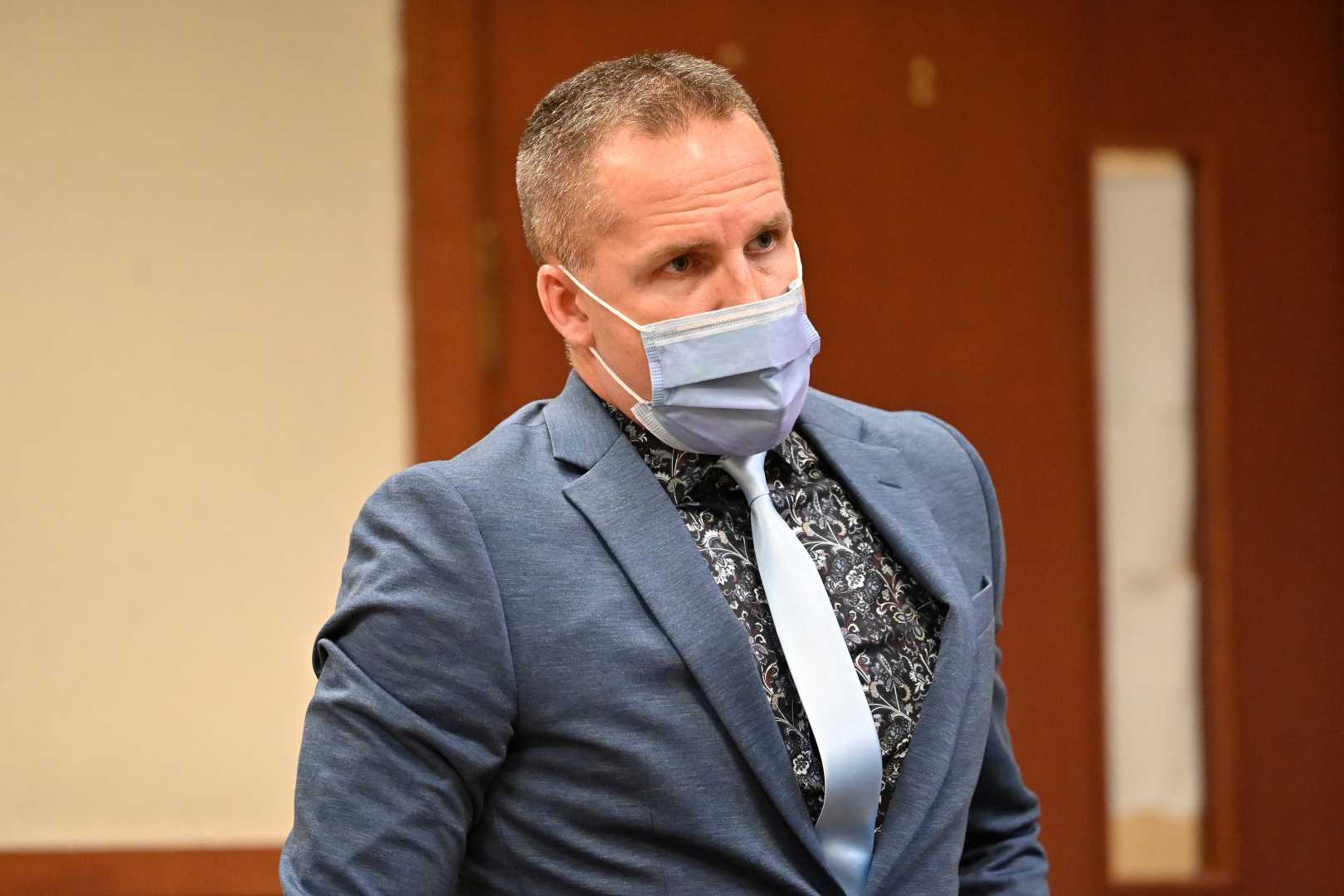News
Justice Department Recommends Leniency for Ex-Police Officer in Taylor Case

LOUISVILLE, Ky. — The U.S. Department of Justice has recommended a lenient sentence for former police officer Brett Hankison, who was found guilty of violating the civil rights of Breonna Taylor during a botched raid in 2020. Hankison faces sentencing next week after being convicted of using excessive force, while a jury acquitted him of charges related to the neighbors of Taylor.
In a memorandum filed on Wednesday, federal prosecutors suggested that Hankison should receive only one day in prison, to be counted as time served. They proposed a three-year period of supervised release and a $100 fee, alongside his agreement to provide DNA.
The memo emphasized that there is no necessity for a prison sentence to protect public safety from Hankison, as he has no prior criminal history and is unlikely to serve in law enforcement again.
The trial indicated that Hankison fired ten shots from outside Taylor’s apartment during the raid, resulting in bullets entering an adjacent apartment where three residents, including a child, were present. Assistant Attorney General Robert Keenen noted that no drugs were found in Taylor’s home and pointed out Hankison’s emotional struggles, including PTSD and anxiety, stemming from the long legal battle.
The DOJ acknowledged that during Hankison’s trial, the prosecution admitted difficulties in proving the exact circumstances of the shooting due to a lack of audio and video evidence. Hankison testified that he noticed muzzle flashes from inside the apartment when he fired.
The circumstances surrounding the raid have drawn significant national scrutiny, especially after Taylor’s death sparked widespread protests against police violence. The DOJ stated that Hankison’s actions occurred during a time of “sudden and extreme provocation” when Kenneth Walker, Taylor’s boyfriend, shot an officer, believing they were intruders.
The federal sentencing guidelines for Hankison’s case suggest a range between 135 to 168 months in prison. However, given the defense’s arguments and circumstances, the recommendation calls for lighter consequences. The prosecution underscored the unique factors of this case, asserting that the proposed sentence would suffice to meet the goals of justice.












